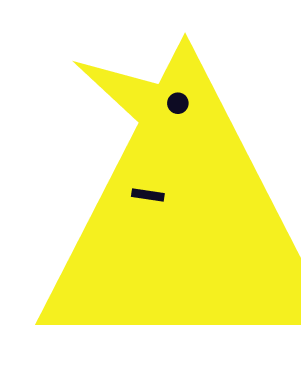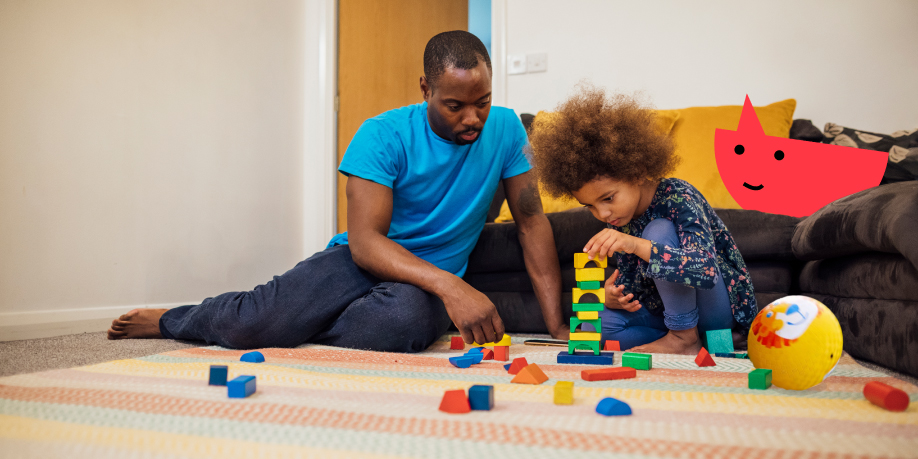5-7 years
This is a guide to how children typically develop their talking and their understanding of words between 5 and 7 years.
Children develop skills at different rates, but by 7 years, usually children will:
- Focus on one thing for longer without being reminded.
- Follow and remember a story that is told over several days.
- Understand long instructions, for example, ‘Put your toys back in the cupboard, go upstairs and find your swimming things’.
- Learn that the same word can mean two things, such as ‘orange’ the fruit and ‘orange’ the colour.
- Learn that different words can mean the same thing, such as ’minus’ and ‘take away’.
- Understand feelings and descriptive words like ‘carefully’, ‘slowly’ or ‘surprised.
- Talk for lots of different reasons, such as to share complex ideas, to solve problems or to tell jokes.
- Use long sentences and put the right endings on their words, for example ‘My teddy likes sitting on a bed because beds are softer’.
- Use words like ‘so’, ‘because’ to join their sentences together. For example, ‘It’s my birthday so I’m saying up late’.
- Can take turns to talk in conversations with adults and children in lots of different situations, either with one person or in a group.
- Talk clearly so that unfamiliar people can understand them almost all of the time. They might still make mistakes in tricky words, like saying ‘spash’ instead of ‘splash’.
- Talk quite smoothly and don’t repeat the first sound in words or get ‘stuck’ trying to get a word out.
Resource library for families

Things to look out for
Some children struggle with learning to talk and understand words. Possible signs to look at for at this age include:
- Your child finds it hard to learn and understand the meanings of words.
- Your child finds it hard to understand conversations about things in the past or future.
- Your child struggles to understand sentences that can mean more than one thing, such as ‘pull your socks up’.
- Your child only follows part of an instruction you give them, usually the beginning or end.
- Your child uses short sentences, often with words missing or in the wrong order.
- Your child finds it hard to make up stories.
- Your child is struggling with learning at school but their teacher is unsure why.
- Your child is struggling to make and keep friends.
If you notice any of these things, talk to your child’s school or GP, or contact our free speech and language advice line, which is a confidential phone call with an experienced speech and language therapist. During the 30-minute call, you will be given the opportunity to talk through your concerns and questions regarding your child’s development. You can book your phone call here.
Further support
For tips on how you can support your child’s communication skills, have a look at some of our parent resources:

